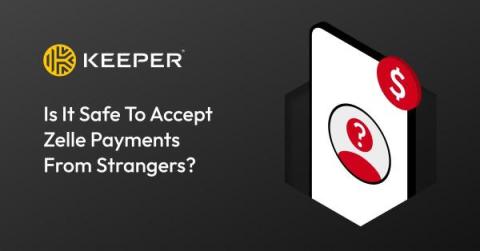$9 million seized from "pig butchering" scammers who preyed on lonely hearts
US authorities have seized almost $9 million worth of cryptocurrency linked to a gang engaged in cryptocurrency investment fraud and romance scams. The US Department of Justice has announced that the seized funds are connected to cryptocurrency wallet addresses alleged to be associated with a "pig butchering" gang that has claimed over 70 victims around the world. "Pig butchering" is one of the world's fastest-growing types of scams.









